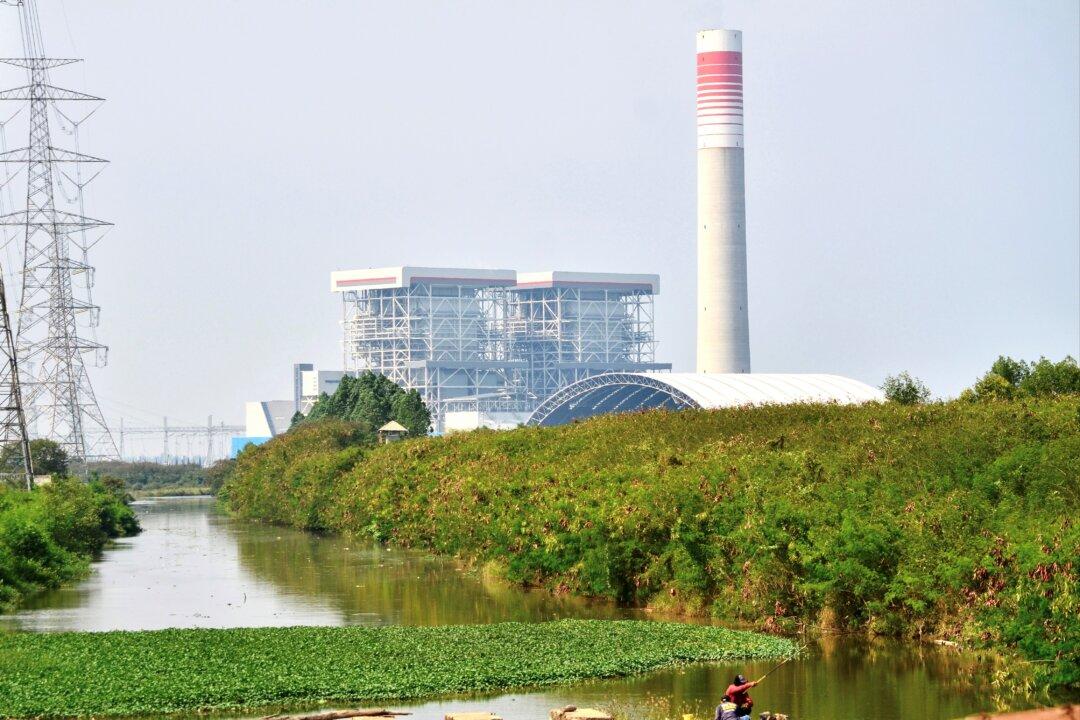News Analysis
WASHINGTON—Tackling climate change is “no longer business as usual” and requires significant defunding of the fossil fuel industry, according to the U.S. Treasury Department. To that end, the United States and other Group of Seven (G-7) countries have agreed to cut funding for fossil fuel energy projects both domestically and in developing countries.





